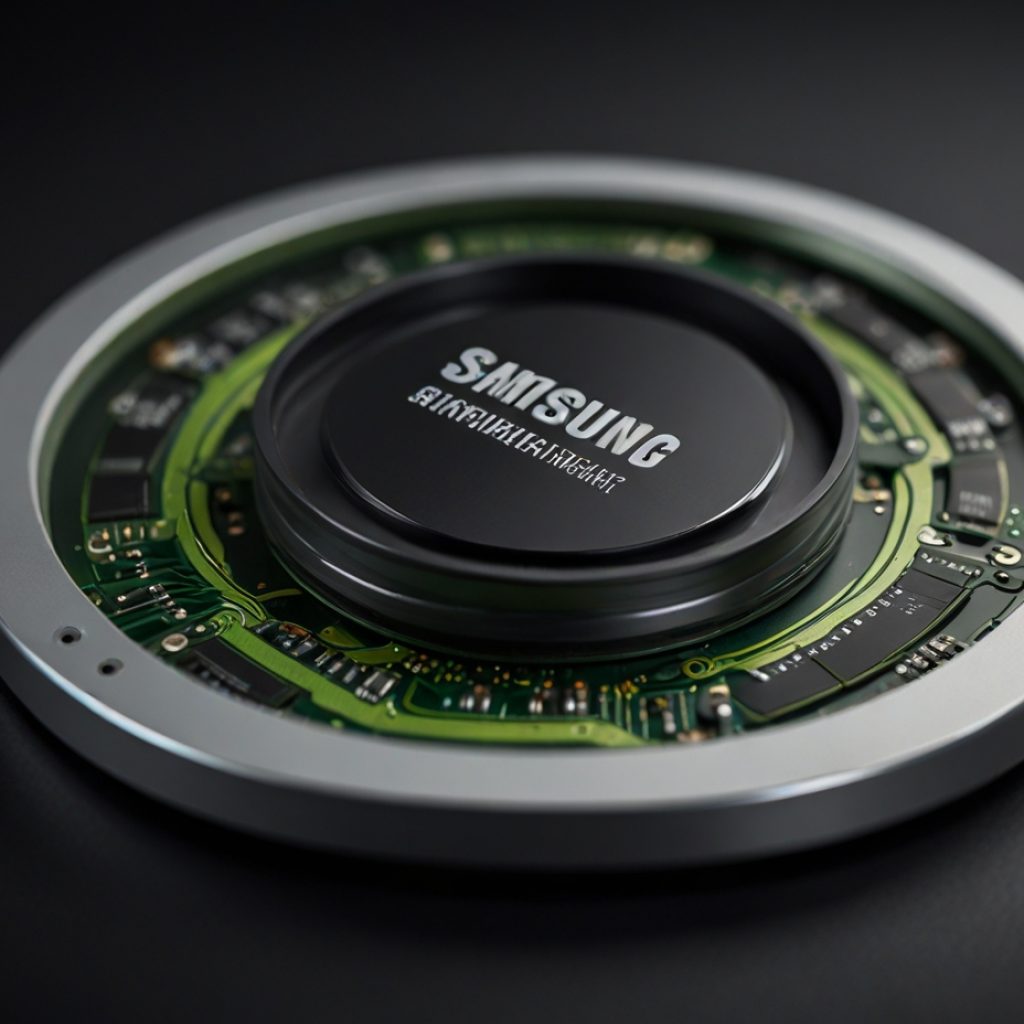In a significant stride toward advancing genetic research, Google DeepMind has unveiled a groundbreaking tool that employs artificial intelligence (AI) to predict the potential harm caused by genetic mutations. This development has far-reaching implications for the study of rare diseases and underscores the profound impact AI has on the natural sciences.
Unlocking the mysteries of missense mutations
The newly introduced tool, AlphaMissense, focuses on “missense” mutations—a type of genetic alteration where a single letter within the genetic code is affected. On average, a typical human genome contains around 9,000 such mutations. However, the crucial distinction lies in whether these mutations are harmless or responsible for debilitating diseases like cystic fibrosis, cancer, or developmental disorders.
Remarkably, while approximately four million of these mutations have been observed in humans, a mere two percent have been categorized as disease-causing or benign. This left a staggering 71 million possible mutations in a state of uncertainty. AlphaMissense aims to alleviate this ambiguity by leveraging AI technology.
AI-powered precision: AlphaMissense’s predictive abilities
AlphaMissense has undergone rigorous testing, evaluating these mutations and providing predictions for their potential impact. The tool achieved a success rate of 89 percent with a remarkable accuracy rate of 90 percent. Each mutation was assigned a risk score, indicating its likelihood of causing disease—pathogenicity. The results showed that 57 percent of the mutations were classified as probably benign, while 32 percent were deemed pathogenic, with the remainder remaining uncertain.
A public resource for scientific advancement
Google DeepMind has gone a step further by making this extensive database publicly accessible to scientists, facilitating further research in the field. The accompanying study, published in the prestigious journal *Science*, is a testament to the tool’s capabilities.
AlphaMissense: A game-changer in genetic research
Leading experts Joseph Marsh and Sarah Teichmann praised AlphaMissense’s performance in an article also featured in Science. They noted that it demonstrated “superior performance” compared to previously available tools. However, it’s crucial to emphasize that these predictions were never solely intended for clinical diagnosis. Still, they hold immense potential in increasing the rate of diagnosing rare diseases and unearthing previously unknown disease-causing genes. This, in turn, could catalyze the development of new treatments, bringing hope to those afflicted by rare and debilitating conditions.
The training that sets AlphaMissense apart
AlphaMissense’s remarkable predictive prowess can be attributed to its training on the DNA of humans and closely related primates. This training enabled the tool to discern which genetic mutations were widespread and likely to have broader implications. Jun Cheng of Google DeepMind likened the process to language acquisition, explaining that it allowed the tool to grasp “millions of protein sequences” and learn what constitutes a typical protein sequence. Consequently, AlphaMissense can now efficiently identify mutations and gauge their potential for harm—akin to a language expert detecting changes in a sentence’s meaning due to word substitutions.
The promising road ahead
While AlphaMissense’s primary role is not clinical diagnosis, it has the potential to serve as an invaluable resource in the realm of genetic research. Increasing the accuracy and efficiency of identifying disease-causing mutations can expedite the discovery of new treatments and therapeutic approaches. In the quest to unravel the complexities of genetic mutations, AlphaMissense stands as a testament to the transformative power of AI in the natural sciences, offering new hope and possibilities for individuals afflicted by rare diseases.
Google DeepMind’s AlphaMissense represents a monumental leap forward in understanding genetic mutations and their potential impact on human health. By harnessing the power of artificial intelligence, this innovative tool promises to accelerate progress in genetic research, shedding light on the mysteries of rare diseases and offering the potential for life-changing breakthroughs in medical science.





